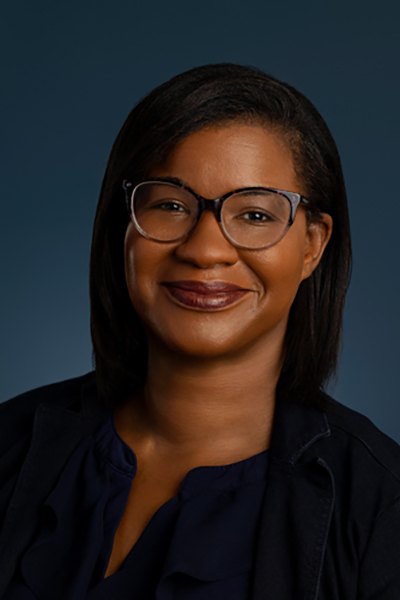Office of Health Equity Research News
Pilot Awards Support Optimal Health for All
Monday, July 14, 2025
Pilot Awards from the Office of Health Equity Research (OHER), part of the Center for Community Health & Prevention (CCHP) at the University of Rochester Medical Center (URMC), are supporting three research projects focused on optimizing health outcomes for a variety of populations in need. The Awards fund research in five key community-identified priority areas.
Community-identified priority areas include safe and healthy housing, prevention of mental health and substance use disorders, prevention of gun violence, prevention of re-incarceration, and prevention and management of chronic diseases.
Read More: Pilot Awards Support Optimal Health for AllTwo URMC Faculty Accepted into Prestigious Leadership Development Fellowship Program
Tuesday, June 17, 2025
 The prestigious Hedwig van Ameringen Executive Leadership in Academic Medicine® (ELAM) program at Drexel University College of Medicine recently announced the selection of its 31st class of fellows and the fellows for its Executive Leadership in Health Care (ELH) program track. Among the 2026 graduating class are Edith Williams, PhD, MS, director of the Center for Community Health & Prevention (CCHP), and Catherine Humphrey, MD, MBA, division chief of Orthopedic Trauma and associate chief medical officer - Value Analysis at the University of Rochester Medical Center.
The prestigious Hedwig van Ameringen Executive Leadership in Academic Medicine® (ELAM) program at Drexel University College of Medicine recently announced the selection of its 31st class of fellows and the fellows for its Executive Leadership in Health Care (ELH) program track. Among the 2026 graduating class are Edith Williams, PhD, MS, director of the Center for Community Health & Prevention (CCHP), and Catherine Humphrey, MD, MBA, division chief of Orthopedic Trauma and associate chief medical officer - Value Analysis at the University of Rochester Medical Center.
Annual Satcher Awards Honor Faculty for Work in Health Equity
Friday, May 9, 2025
 The 16th annual Dr. David Satcher Community Health Improvement Awards and Special Public Health Grand Rounds celebrated health advocacy and innovative community health partnerships.
The 16th annual Dr. David Satcher Community Health Improvement Awards and Special Public Health Grand Rounds celebrated health advocacy and innovative community health partnerships.
New Study Explores Barriers and Facilitators to Quality Healthcare Among Incarcerated African Americans
Tuesday, January 7, 2025
 With more than 1.9 million incarcerated individuals in the U.S., African Americans are 5.9 times more likely to be incarcerated. A new study titled "Barriers and Facilitators to Quality Healthcare for African Americans with Incarceration Histories," published in the Journal of General Internal Medicine, examines the impact of the lack of quality health care among these individuals during and after incarceration and the need to address barriers to access.
With more than 1.9 million incarcerated individuals in the U.S., African Americans are 5.9 times more likely to be incarcerated. A new study titled "Barriers and Facilitators to Quality Healthcare for African Americans with Incarceration Histories," published in the Journal of General Internal Medicine, examines the impact of the lack of quality health care among these individuals during and after incarceration and the need to address barriers to access.